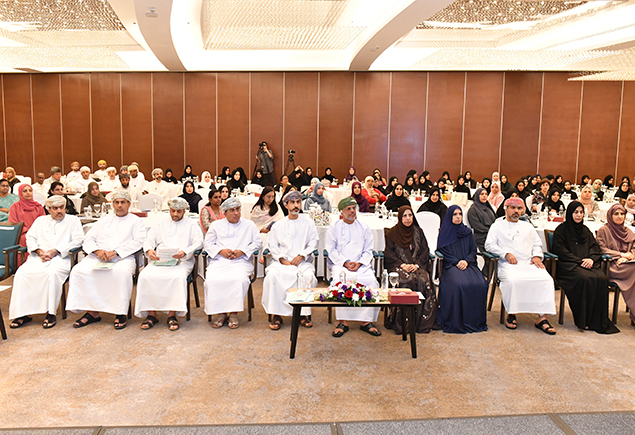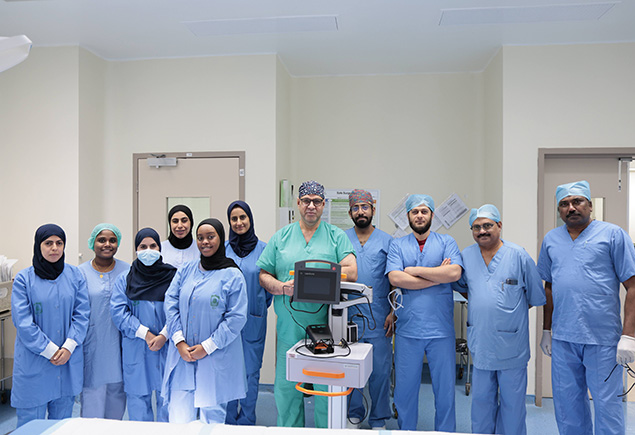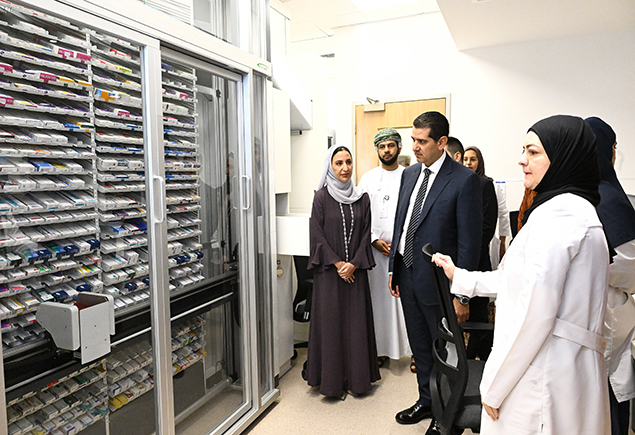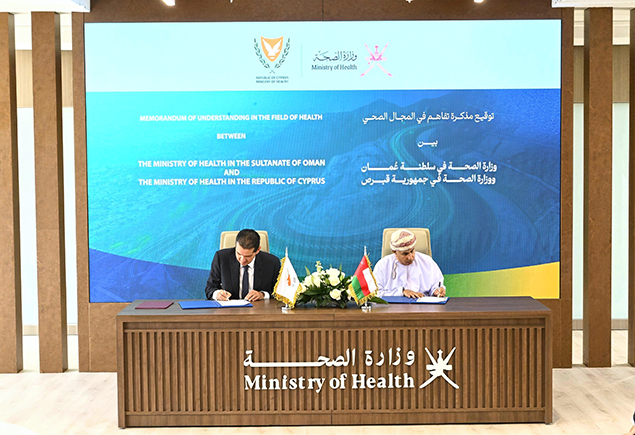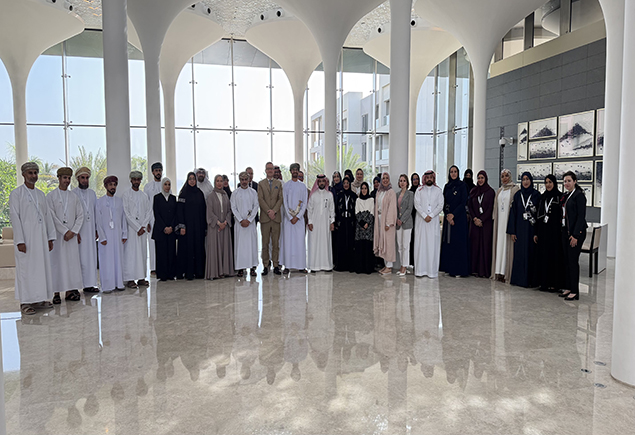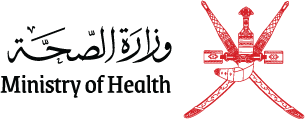The Ministry of Health (MOH), represented by the Department of Women and Child Health organized today (Sunday) the National Women and Child Health Care Plan Workshop (NWCCP) under the auspices of H.E. Dr. Saeed bin Hareb Al-Lamki, MOH Undersecretary for Health Affairs at the Inter City Hotel.
The two-day national workshop gathered general directors of hospitals, general directors of health services in the governorates, representatives from the Royal Oman Police Hospital, the Armed Forces Hospital, Al Diwan Hospital, Sultan Qaboos University Hospital, and the Petroleum Development Oman Polyclinic, in addition to department directors from the Directorate General of Health Services in the Ministry’s General Office and representatives from private hospitals.
Approximately 200 healthcare professionals from both governmental and private healthcare facilities, specifically those working in maternity and childbirth units within hospitals, as well as those from primary healthcare centers participate in the national workshop. Additionally, members of the national committee and subcommittees tasked with monitoring, researching, and studying maternal morbidity and mortality are also in the workshop.
H.E. Dr. Saeed bin Hareb Al-Lamki, MOH Undersecretary for Health Affairs stated that Women health and well-being are essential, not just for their own lives but also for future generations of our country. The Ministry of Health is focused on consistently improving the services provided for women, particularly in the area of maternal health. Since the 1970s, many efforts have been made to initiate, develop and improve the services available for women.
Al-Lamki stressed that maternal and perinatal death audit and review is widely recommended as an intervention to reduce maternal and childhood mortalities, and to improve quality of care, and could be key to attaining the Sustainable Development Goals and health vision 2040. As maternal and childhood mortalities are indicators in the Sustainable Development Goals and Ministry of Health Strategic plan for Oman Vision 2040.
He added that one of the main actions taken by the Ministry of Health to reduce maternal deaths was the adoption and implementation of the Maternal Death Surveillance and Response system since 1991 through the National and Regional Maternal Mortality committees. The National Maternal Mortality Committee is one of the longest serving committees in the Ministry of Health. The Committee review and discuss each maternal death thoroughly to identify the gaps and recommend actions. At the higher level in the Ministry of Health, we take the committee findings and recommendations seriously.
Despite all the efforts to provide a comprehensive maternal care and investments in reproductive health services to reduce the maternal deaths, still the committee found that 51% of our maternal deaths are preventable. These deaths can be avoided if appropriate interventions were taken timely and vigorously.
Dr. Jamila Al-Abri, Director of Women and Child Health, presented a visual presentation on the maternal deaths surveillance and response system adopted by the Ministry of Health in the Sultanate of Oman since 1991 year.
The program included presentations by specialized members of the National Committee for Monitoring, Research and Study of Maternal Morbidity and Mortality to review the lessons learned from the study and analysis of maternal mortality. In addition to presenting aspects of the updated guide to women’s health care during pregnancy, childbirth and postpartum health care secondary and tertiary.
